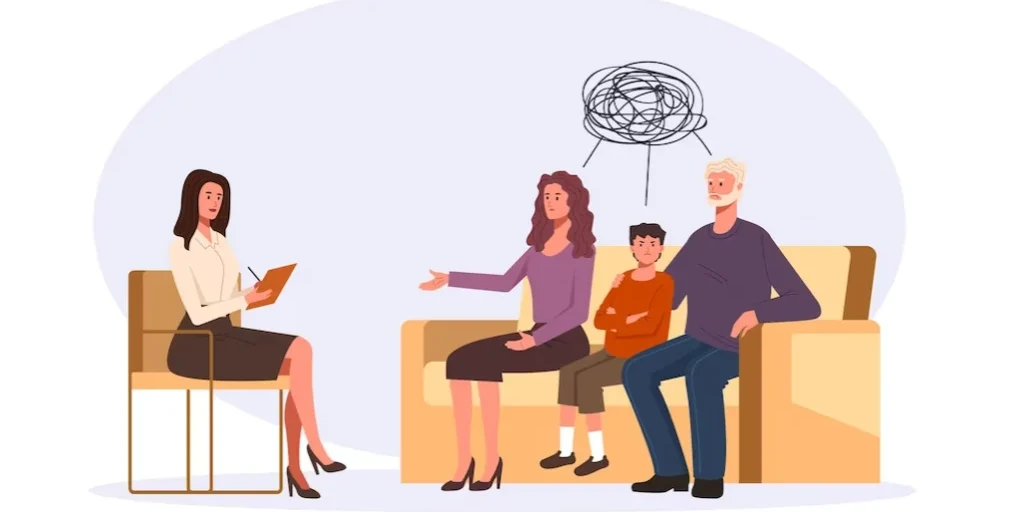24/7 Helpline:
(866) 899-221924/7 Helpline:
(866) 899-2219
Learn more about Benzo Rehab centers in Lowake
Benzo Rehab in Other Cities

Other Insurance Options

MHNNet Behavioral Health

Premera

Multiplan

Evernorth

UnitedHealth Group

Self-pay options

Horizon Healthcare Service

MVP Healthcare

Optima

Choice Care Network

PHCS Network

United Health Care

Cigna

Anthem

UMR

Highmark

Meritain

Health Net
Beacon

Aetna















